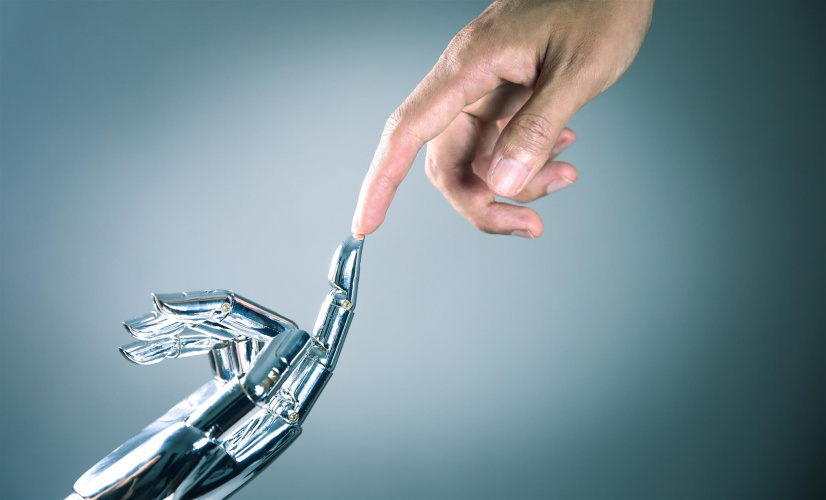How Artificial Intelligence can impact on the schools of tomorrow

What is Artificial Intelligence?
By artificial intelligence, we mean technology that is aware of its environment and carries out tasks in a way that maximizes its chances of success. These tasks typically involve planning, researching, language processing and facial recognition.
AI research started as early as 1956, but today it seems more relevant than ever. From Siri and Alexa to the most recent Google AI, who can make a phone call for you, we live in a world that is destined to become more and more shaped by artificial intelligence. But what role could AI have in the future of our education?
AI in everyday life
While things like smart homes and self-driving cars still seem far in the future and only available to a small percentage of people, the impact of AI in everyday life is so pervasive that we often don’t even realize we are interacting with it.
Video games with characters that react and adapt to the way the user plays are an example of AI that is overlooked and almost taken for granted, just like purchase predictions that show you products before you need them, or movie recommendations on Netflix. Similar technologies are used by banks when they monitor for fraud. Many websites use AI for their customer support, while others go as far as having them write simple news stories.
In fact, according to Wired, Yahoo, Fox, and the Associated Press all use Artificial Intelligence to create content. Sure, AI can’t replace an investigative journalist, but it can easily take care of sports recaps.
AI in the classroom
But where is AI in our schools? And what can it do to change education going forward?
Today the conversation on the role of AI in schools is active on platforms like Brainly, a social network where students come together to collaborate.
Companies like CTI are creating custom textbook to address the different needs students have and allowing teachers to abandon the one-size-fits-all method.
AI is already improving traditional teaching methods by enhancing their best aspects and correcting their flaws. While teachers struggle to manage their time, AI can be available for students 24/7, encouraging remote learning. It can even take care of many tedious administrative tasks allowing teachers more time to focus on their students.
AI for students with a disability
AI has already proven to be a great resource for students with learning disabilities, and its impact on their education will only improve going forward. In fact, new systems are being developed to be able to diagnose learning disabilities through better testing methods. Once the problem has been identified, AI can start customizing the student’s learning process to cater to their specific needs. This can include simplifying the structure of some sentences or replacing words that can be challenging to read or pronounce. AI can also provide students who are struggling with constant feedback, without slowing down the rest of the class, and provide teachers with reliable updates on their progress.
The future of AI in education
It is apparent by now that AI is destined to stay, but where are we going from here?
Innovations like Augmented, Virtual and Mixed Reality will have an increasing role in providing students with a more engaging experience in the classroom. Finding the right resources at the right time will become faster and easier than it already is, and students will be able to further customize their learning experience.
AI will be able to identify the areas in which students struggle most and the right method to improve their performance.
But will AI make teachers obsolete? We don’t believe it will. While they can be a great asset to teachers, but the role of an educator goes beyond simply delivering information in an effective way.
Teachers are meant to teach students how to exist in the world, how to become successful adults through knowledge, but also social and emotional learning.
Only human beings can educate children to become great human beings in the future.
The new generations still need to learn social skills, self-awareness, and decision making. These skills could never be taught by a machine.
AI is not nearly as useful without competent teachers who know how to use it to their advantage.


